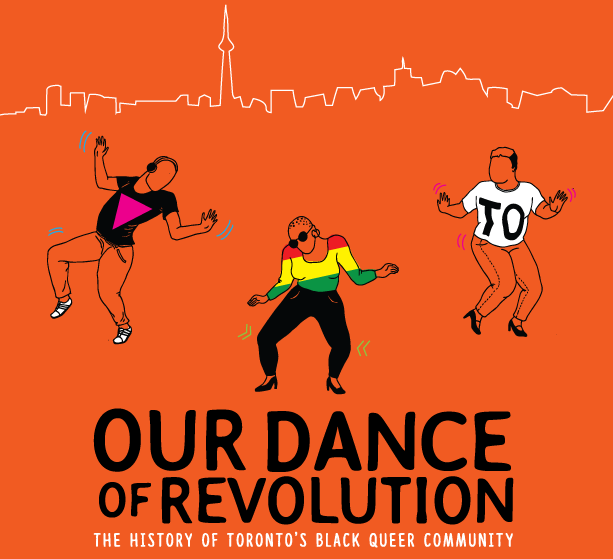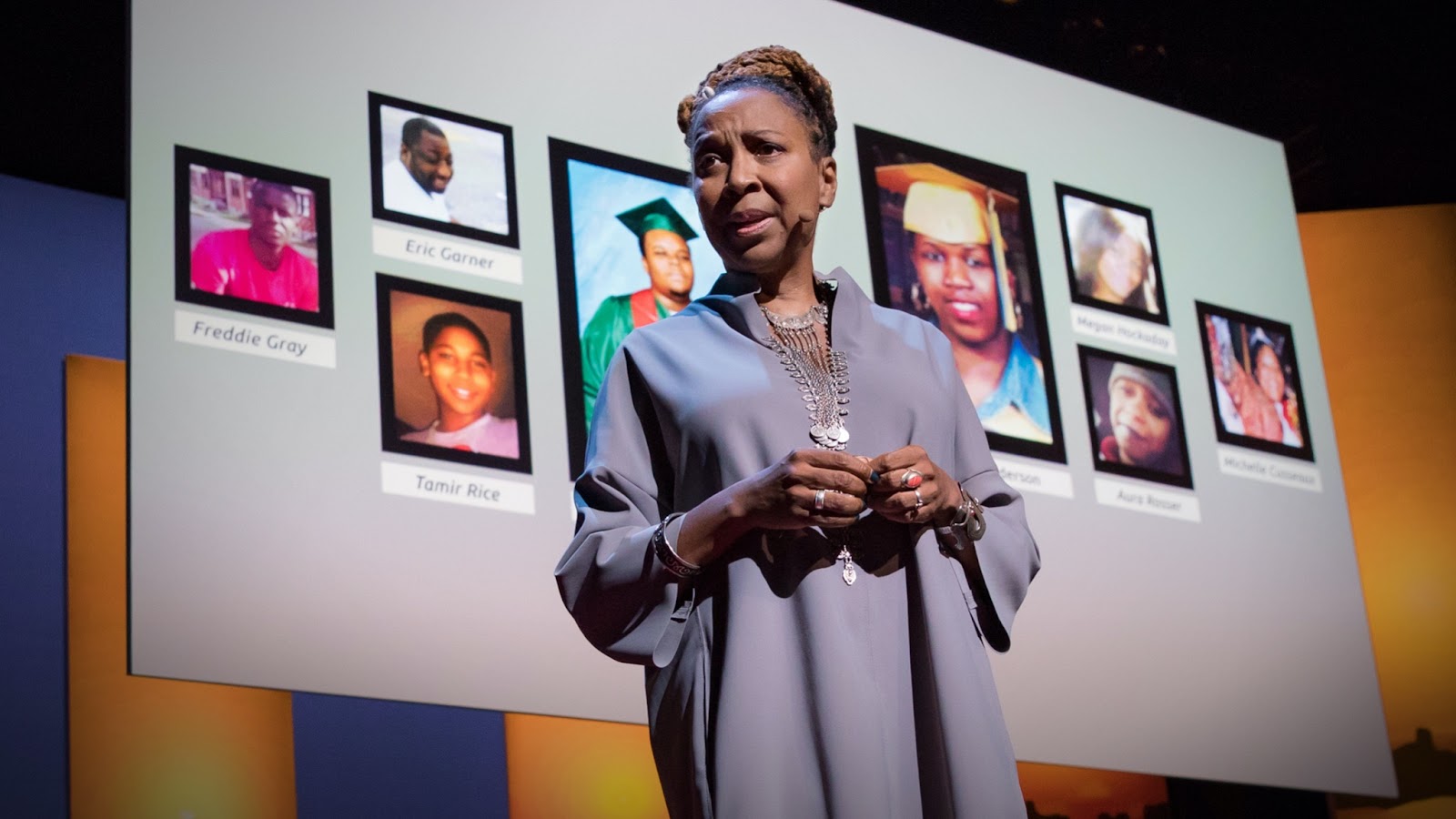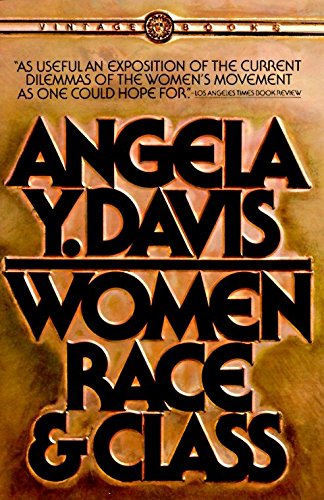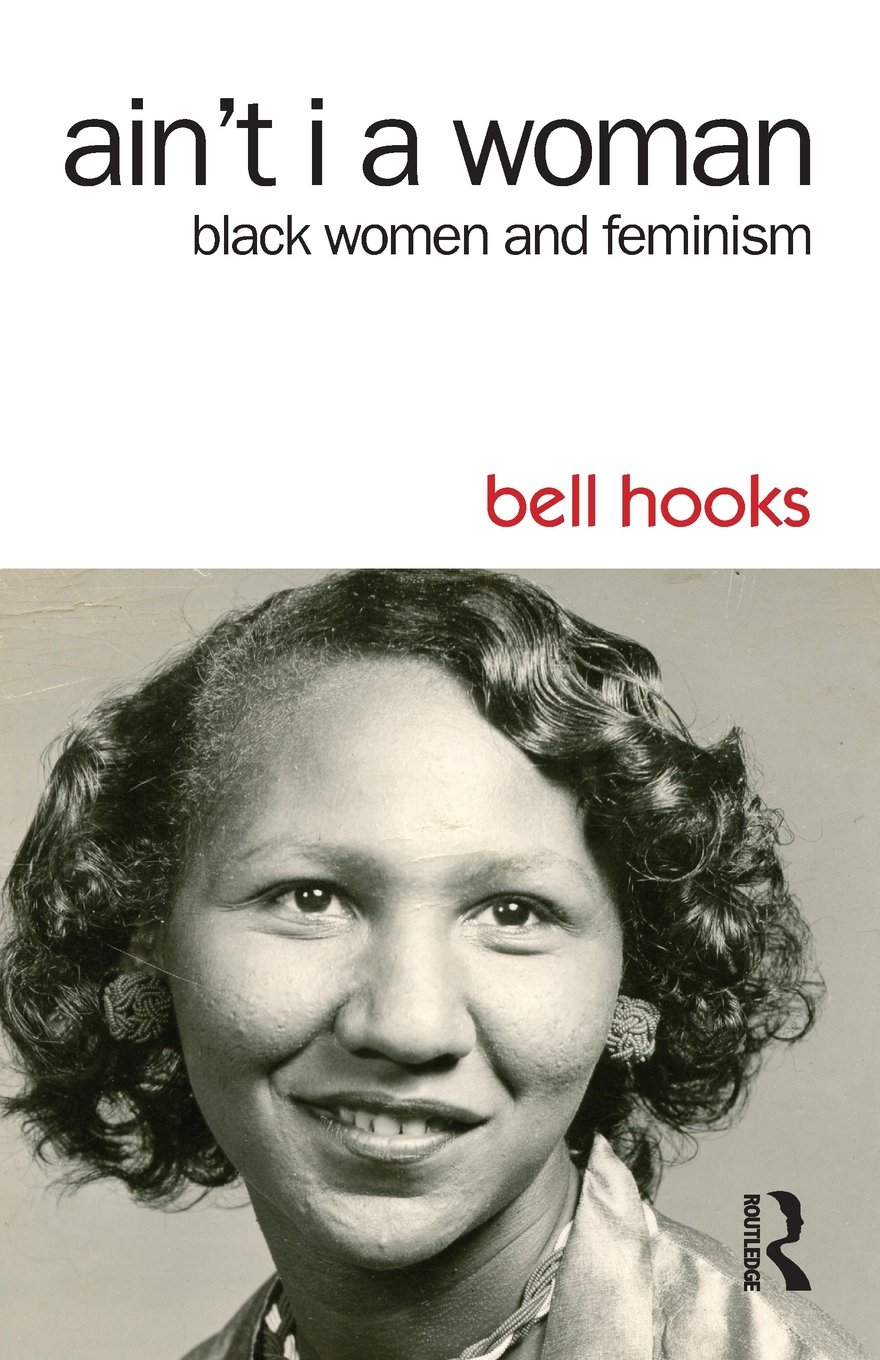Intersectional Voices
Intersectionality is an analytical framework for understanding how aspects of a person’s social and political identities combine to create different modes of discrimination and privilege. The term was conceptualized and coined by Kimberlé Williams Crenshaw in 1989.

WE WANT TO HEAR FROM YOU
This section of the toolkit will emphasize the voices of the lived experiences of individuals all across Canada. This section can include written experiences, snippets of videos from events/lives, or info-graphs about the subject matter.
Colourism
Colourism, according to the Oxford Dictionary is defined as prejudice or discrimination against individuals with a dark skin tone, typically among people of the same ethnic or racial group.
Colourism is embedded into our economic, social and political institutions as well as our interpersonal interactions. FBC values all the perspectives our community members bring to the table.
Black LGTBQ Communities
The Black LGTBQS2l communities deal with the double subordination of both being Back and a member of the LGBTQ community. This is due to the fact that they face instances of isolation both within their Black/ African communities and outside of it as well. Here is a list of organizations that create safe spaces for Black individuals with the LGBTQS2l community across Canada.
Hair
For many years physical markers such as hair, skin and body type/composition played and still play a role in the identification of a person. There is an evident intersection between hair and status. Black hair was used as a justification for enslavement between the 16th and 19th centuries (BBC), thus categorizing black textured hair as inferior and not meeting up to both beauty standards or norms. Black hairstyles and textures has also limited the access individuals get for opportunities and jobs because it is deemed as “unprofessional” or “messy.” This month’s topic opens the floor for further discussion and allows the Federation to use our platform to amplify the voices of those across Canada.
Lived Experiences of Black Canadians:
What It Means To Be Black
As Black individuals we are oftentimes placed into a broad category that creates a socially constructed personality of how we should act, speak and dress. These socially constructed ideals are frequently exaggerated versions of blackness and are depicted through media, which is wrong. All Black people are not the same, we share unique experiences, challenges and differences. Here are some questions to consider while in this section: what does being Black mean to you? How do we fight against the negative connotations and celebrate excellence? Here are some of the shared experiences of Black Canadians on this topic.
Educational Resources





Our Dance of Revolution: The History of Toronto’s Black Queer Community
“A poignant and deeply researched documentary about reclaiming power in Toronto’s LGBTQ community.”
The urgency of intersectionality
Kimberlé Crenshaw | TED
She describes intersectionality as a phenomenon that involves both race and gender bias; as she places it: if you are standing in the path of multiple forms of exclusion, you will suffer the most harm.
Available on: Youtube

Women, Race and Class
By: Angela Y. Davis
Longtime activist, author and political figure Angela Davis brings us this expose of the women’s movement in the context of the fight for civil rights and working class issues. She uncovers a side of the fight for suffrage many of us have not heard: the intimate tie between the anti-slavery campaign and the struggle for women’s suffrage. She shows how the racist and classist bias of some in the women’s movement have divided its own membership. Davis’ message is clear: If we ever want equality, we’re gonna have to fight for it together.
Available on:Amazon

Ain’t I a Woman
By: Bell Hooks
A classic work of feminist scholarship, Ain’t I a Woman has become a must for all those interested in the nature of Black womanhood. Examining the impact of sexism on Black women during slavery, the devaluation of Black womanhood, Black male sexism, racism among feminists, and the Black woman’s involvement with feminism, hooks attempts to move us beyond racist and sexist assumptions. The result is nothing short of groundbreaking, giving this work a critical place in every feminist scholar’s library.
Available on: Amazon
Educational Resources
Our Dance of Revolution: The History of Toronto's Black Queer Community
“A poignant and deeply researched documentary about reclaiming power in Toronto’s LGBTQ community.”
The Urgency of Intersectionality
She describes intersectionality as a phenomenon that involves both race and gender bias; as she places it: if you are standing in the path of multiple forms of exclusion, you will suffer the most harm.
Women, Race and Class
Available on: Amazon
Ain’t I a Woman
A classic work of feminist scholarship, Ain’t I a Woman has become a must for all those interested in the nature of Black womanhood. Examining the impact of sexism on Black women during slavery, the devaluation of Black womanhood, Black male sexism, racism among feminists, and the Black woman’s involvement with feminism, hooks attempts to move us beyond racist and sexist assumptions. The result is nothing short of groundbreaking, giving this work a critical place in every feminist scholar’s library.
Available on: Amazon
